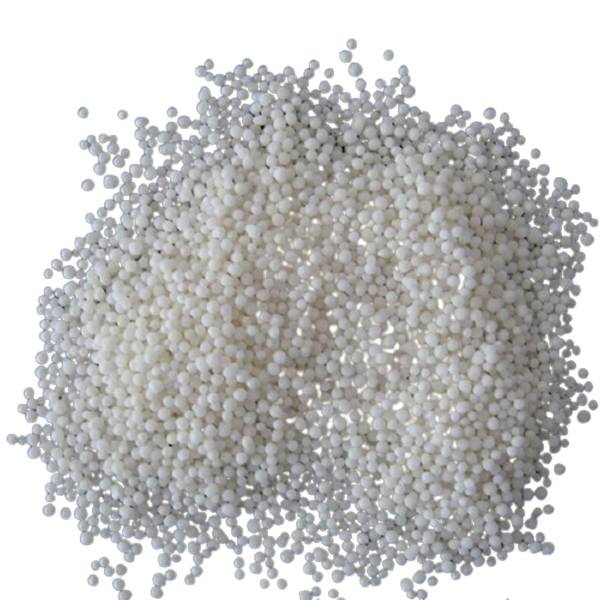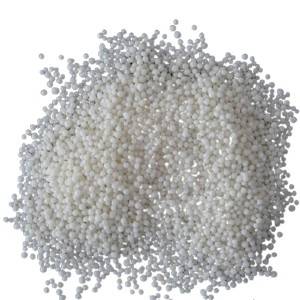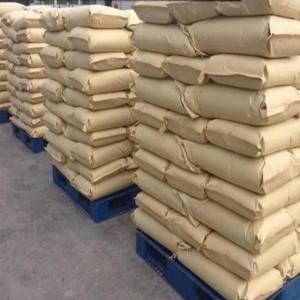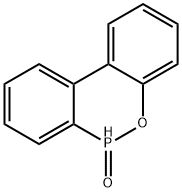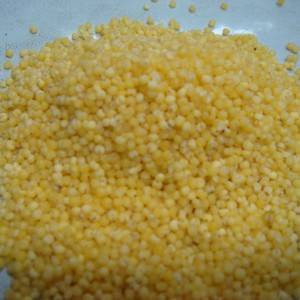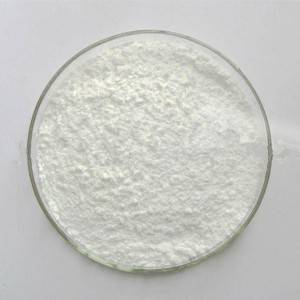
Products
DOPO
Quality index:
Appearance:White particles
Content: ≥ 99%
Instruction:
DOPO is a new intermediate of flame retardant. Its structure contains P-H bond, which is very active for olefin, epoxy bond and carbonyl group, and can react to produce many derivatives. DOPO and its derivatives contain biphenyl ring and phenanthrene ring in their molecular structure, especially the side phosphorus group is introduced in the form of cyclic o = P-O bond, so they have higher thermal and chemical stability and better flame retardancy than ordinary and acyclic organophosphate. DOPO and its derivatives can be used as reactive and additive flame retardants. The synthesized flame retardants are halogen-free, smokeless, nontoxic, non migration, and have long-lasting flame retardancy. It can be used for flame retardant treatment of linear polyester, polyamide, epoxy resin, polyurethane and other polymer materials. It has been widely used in the flame retardant of plastics, copper lining lamination, circuit board and other materials for electronic equipment abroad.
1. Reactive flame retardant for epoxy resin
DOP reacts with epichlorohydrin, and then reacts with hydroquinone. Especially, epoxy resin is used as insulating material for electrical appliances and sealing material for semiconductor materials. It is required that electrical appliances should have good insulation, low volatility, low pollution, ABS, and good solubility. After addition, flame retardant transparent plastics can be formed.
2. Coloring inhibitor
DOP can prevent the coloration of ABS, as, PP, PS, epoxy resin, phenolic resin, alkyd resin, surface active agent and polyurethane.
The main reactants of DOPO synthesis are o-phenylphenol (OPP) and phosphorus trichloride. The reaction process generally includes the following steps: 1) esterification of o-phenylphenol (OPP) and pc13; 2) intramolecular acylation of 2-phenyl-phenoxyphosphorylidene dichloride; 3) hydrolysis of 6-chloro – (6h) dibenzo – (C, e) (1,2) – phosphine heterohexane (CC); 4) 2-hydroxybiphenyl-2-hypophosphoric acid (HBP) The reaction of dehydration was studied.
Packing: 25kg / bag or 500kg/bag
Storage precautions: store in cool, dry and well ventilated warehouse.
Annual capacity: 500 tons / year

